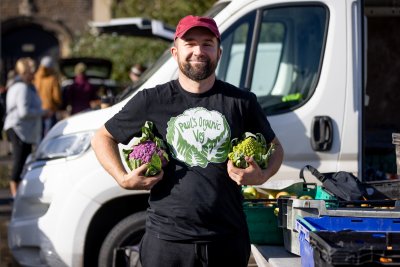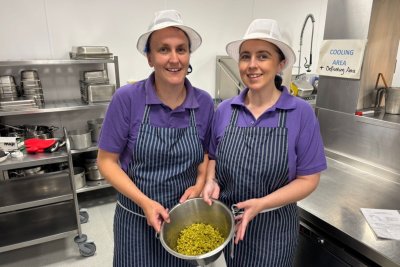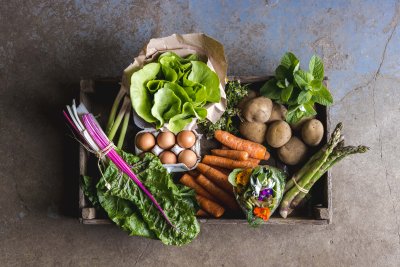Research by Wageningen University & Research (WUR) in the Netherlands predicts that catches by UK boats would increase by 10-15% in a hard-Brexit scenario – theoretically fantastic for fishing communities - but that this increase would likely supress domestic prices and lead to an overall drop in profit.
At the same time consumers would pay more because much of the fish eaten regularly in the UK is imported from the EU, and this would be subject to trade tariffs. Tariffs would also hit UK fisheries that export to the EU - including scampi, scallop and mussel fishers and farmers, and processors that rely on imports.
The research modelled a ‘hard’ Brexit scenario in which EU boats were excluded from UK waters and the UK left the common market, in which tariffs and non-tariff measures (such as labelling requirements and health standards) could increase the cost of trading with the EU by 28%.
Sustainable Fish Cities is calling for government to support domestic and export-led fishing communities now. This is vital regardless of the outcome of Brexit, but particularly if the industry faces a drop in profits:
1. Make all fisheries verifiably sustainable
The UK benefits from being able to sell some of its fish, here and abroad, as “sustainably sourced”; an increasingly important assurance. But not all UK fish is considered sustainable, often for a remediable reason such as lack of data or management plan, or lack of recorded catches and vessel monitoring, so some UK fleets are missing out on good markets and
an estimated £440 million in earnings.
2. Improve fish for schools, hospitals and the armed forces
Government should act as a leader and a responsible consumer through its public-sector buying, by:
• Confirming the public sector commitment to verifiably sustainable fish and buying less well-loved but sustainable fish from UK waters
• Updating school food standards to require sustainability criteria
• Making healthy and sustainable food standards legally binding for hospitals, prisons and the British armed forces
• Going further in Central Government contracts to demonstrate innovation and even better sustainable fish buying standards
Standards must be legally-binding and enforced. A
Department of Health report, published in 2017 and confirmed by
Sustain research in 2018, showed that only half of NHS hospitals were meeting even basic food standards, meaning that the UK fishing industry could be missing out on hundreds of thousands of pounds of business.







